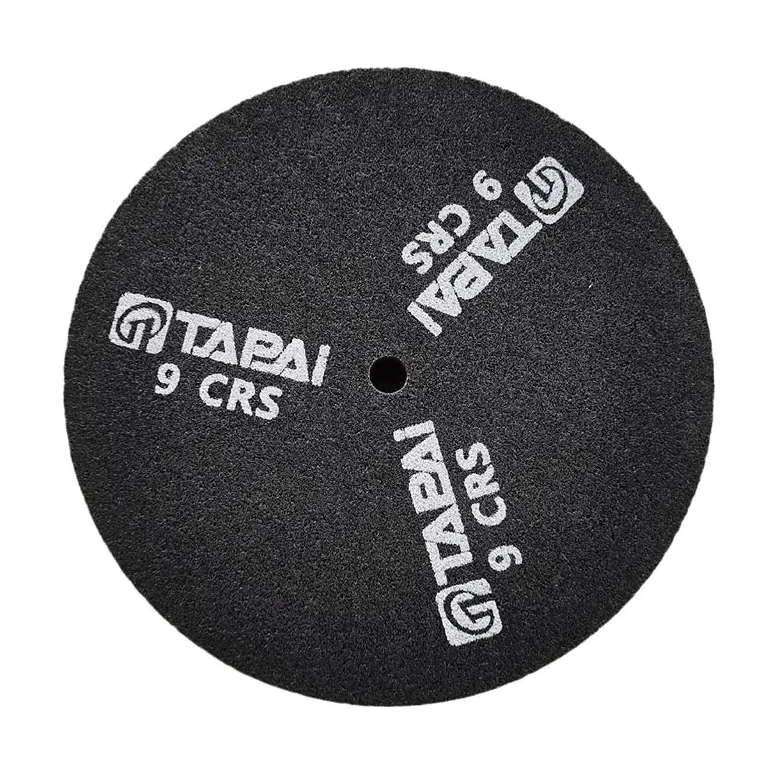Introduction to Fiber Wheel Advantages
In industrial and workshop settings, choosing the right abrasive tool is critical for efficiency and quality. The Non-Woven Fiber Wheel offers several advantages over traditional grinding wheels, particularly in applications requiring surface finishing, deburring, or polishing. Comparing these two types of tools highlights why fiber wheels are increasingly preferred for versatile and precision-oriented tasks.
Surface Finish and Material Removal
One of the most notable advantages of the Non-Woven Fiber Wheel is its ability to provide a smoother surface finish. Unlike traditional grinding wheels, which can leave deep scratches or uneven textures, the fiber wheel’s flexible and open web structure allows for controlled material removal. This ensures a uniform finish on metals, plastics, and composites while reducing the risk of damage to delicate or irregular surfaces.
Reduced Heat and Clogging
Traditional grinding wheels can generate significant heat due to friction, which may discolor or warp certain materials. Additionally, their closed abrasive surface tends to clog quickly when working with soft metals or composites. Non-Woven Fiber Wheels, however, allow for better airflow and debris evacuation. This reduces heat buildup and minimizes clogging, allowing continuous operation and improving efficiency on both soft and hard materials.
Adaptability to Irregular Surfaces
Another key advantage is adaptability. Fiber wheels conform to complex shapes, contours, and edges, making them ideal for finishing curved or irregular surfaces. In contrast, conventional grinding wheels are rigid and best suited for flat or uniform surfaces. This flexibility allows operators to achieve consistent results across a variety of components, enhancing both productivity and product quality.
Longevity and Maintenance
Non-Woven Fiber Wheels also tend to have longer useful life in certain applications. The open web structure resists loading and wear more evenly than a traditional grinding wheel, reducing the frequency of replacements. Maintenance is simpler as well, with less need for dressing or cleaning during use, which reduces downtime and labor costs.
Safety and User Comfort
The design of Non-Woven Fiber Wheels contributes to safer and more comfortable operation. Their lower density and flexible structure reduce vibration and operator fatigue, compared to the rigid nature of traditional grinding wheels. Less aggressive material removal also lowers the risk of sparks or chipping, making them suitable for sensitive work environments.
The Non-Woven Fiber Wheel provides multiple advantages over conventional grinding wheels, including smoother surface finishes, reduced heat and clogging, adaptability to irregular surfaces, longer lifespan, and improved user comfort. These benefits make fiber wheels an effective, versatile, and safe choice for a wide range of industrial, automotive, and workshop applications. Their unique combination of flexibility and consistent performance explains why they are increasingly favored over traditional abrasive solutions.
